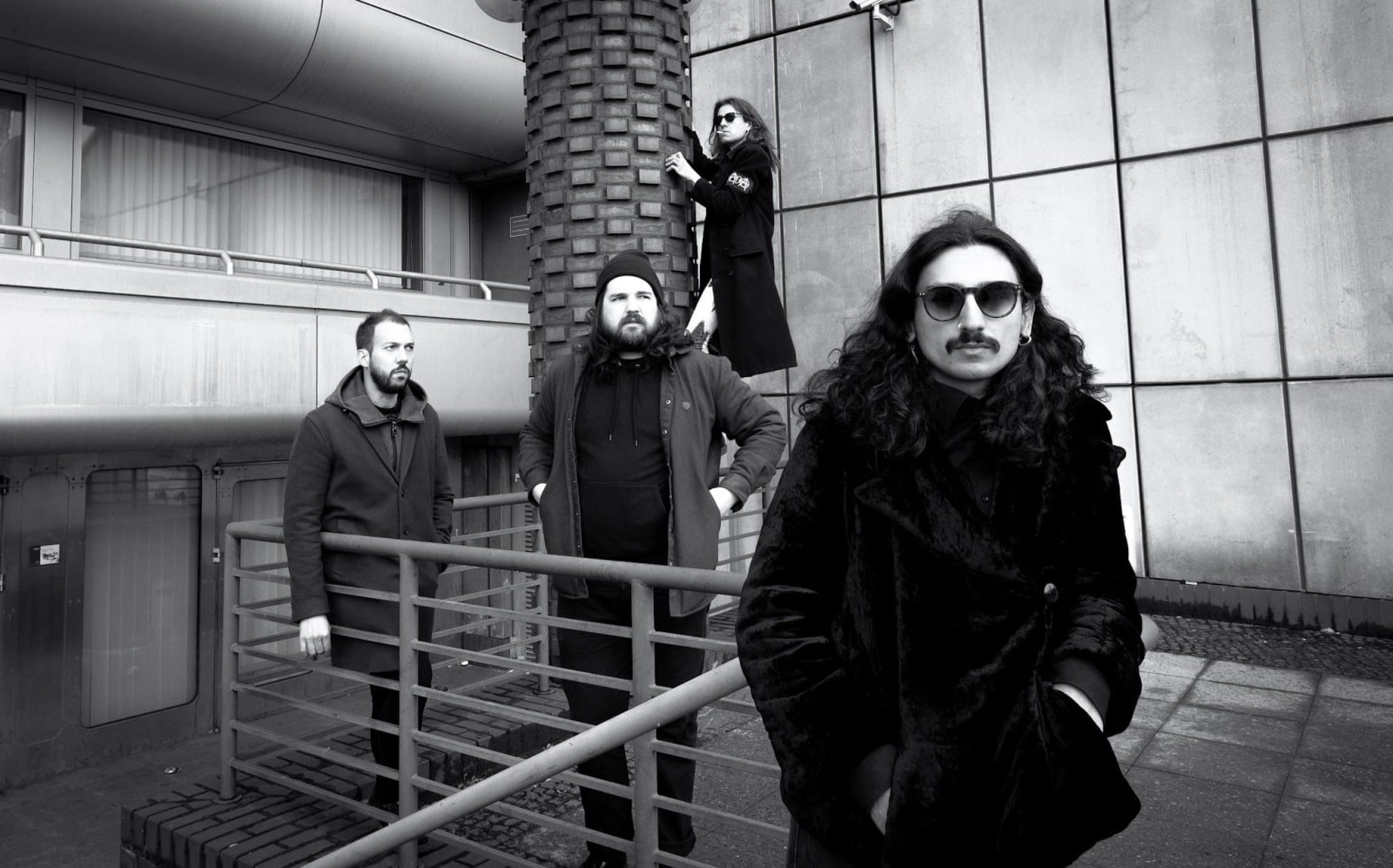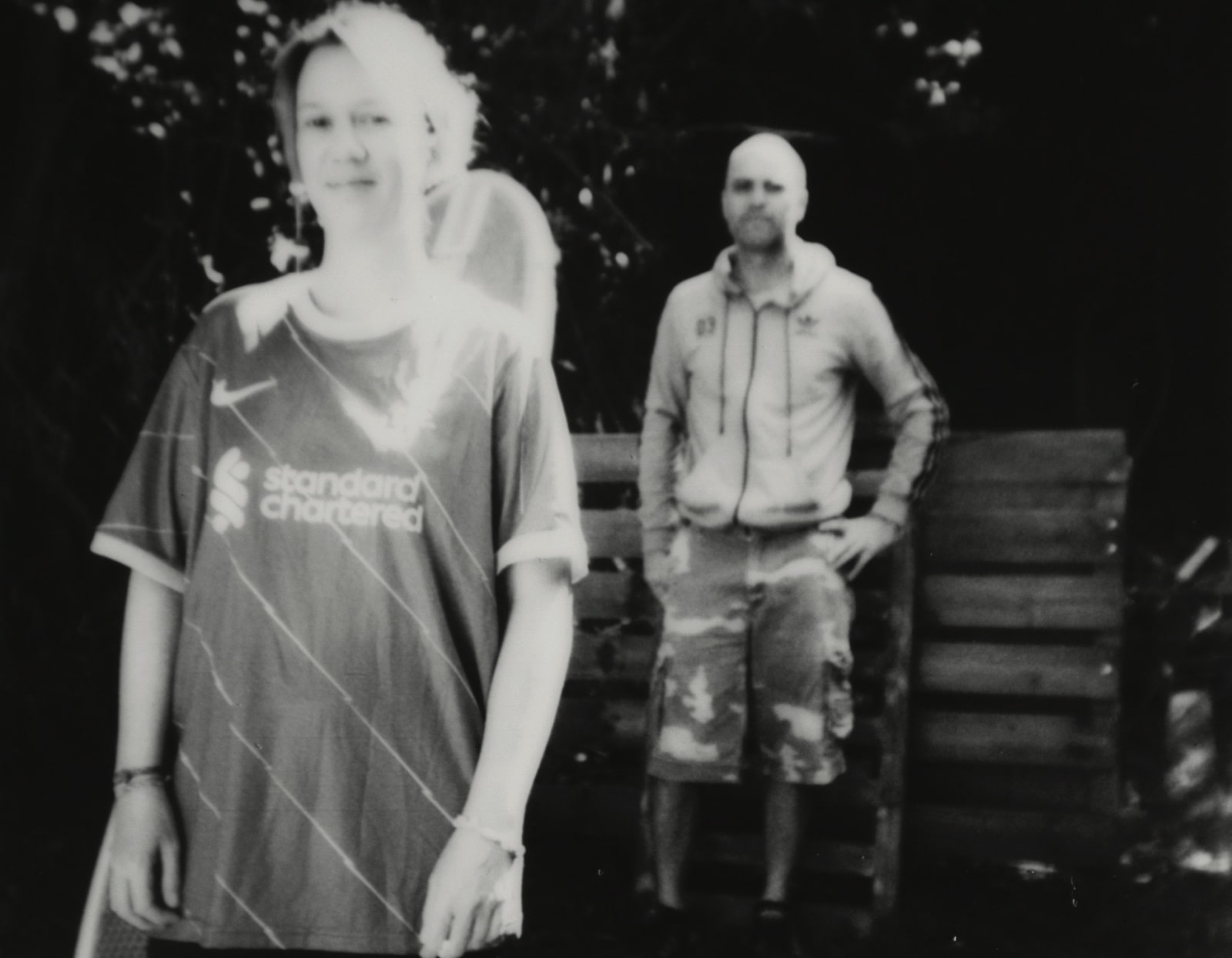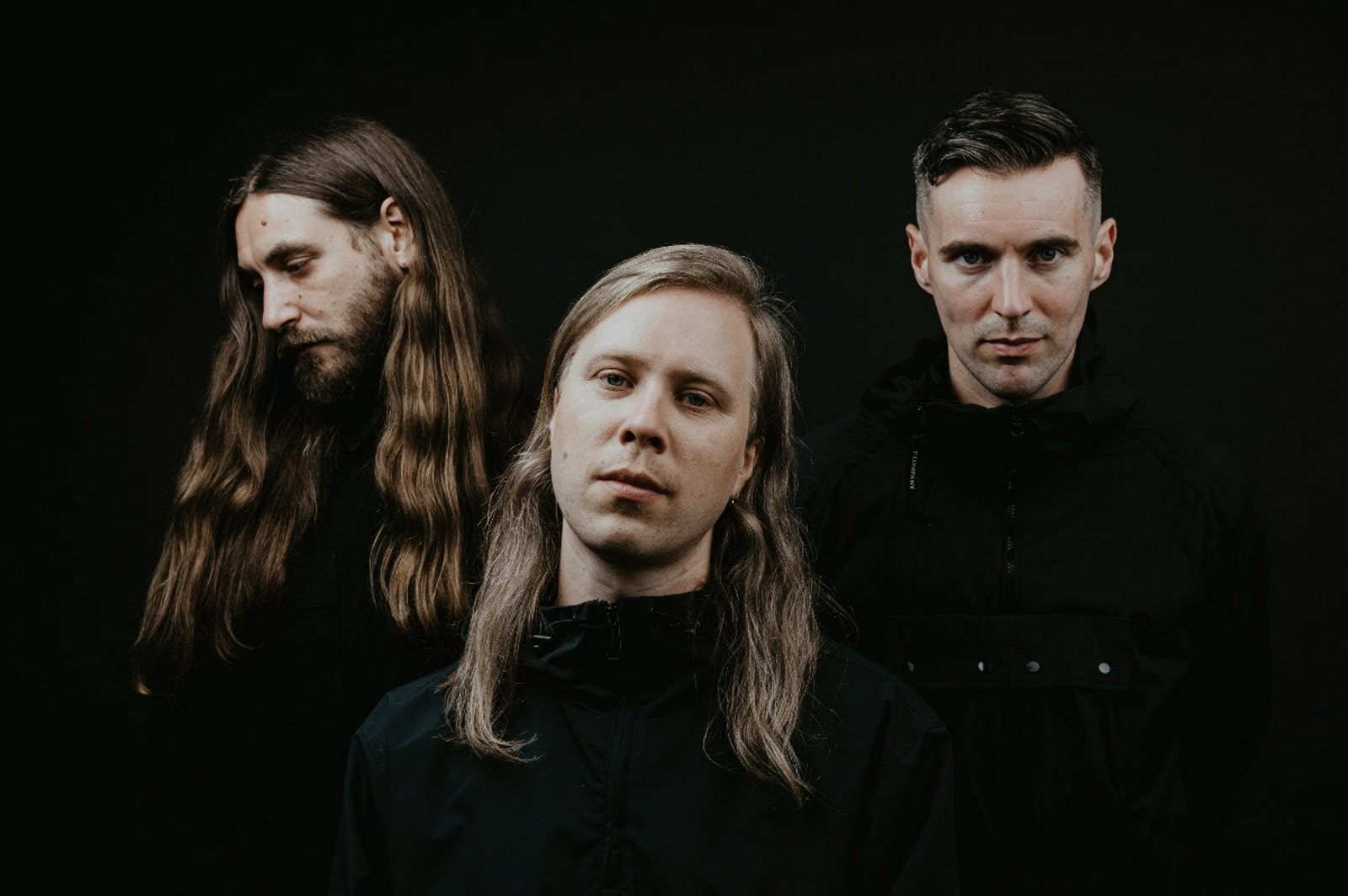Deeply anchored in dark, melancholic post punk, but also richly influenced by psychedelic rock, the debut album from Berlin based international act DAY CLINIC pushes their sound to both its bleakest and its catchiest brinks. Capturuing their fervid live sound, the artsy offering blends many different influences and its variety of ideas and rhythms and textures really makes a good impression from the first listen. Today we’re diving a bit deeper, to learn more about each and every song from “Day Clinic” and better understand its structure as a whole.
Day Clinic is the screeching and kicking child of four sound-nomads who left have left their homes in Israel, Spain, Germany and the UK and relocated to the Berlin in order to start forging in 2018 their mixture of cold, 80´s inspired Post-Punk, Alternative Rock and Heavy-Psych as relentless and heterogenous as the city where it´s created. Originally started under the name Janis the band changed their name to Day Clinic in order to better reflect their sound and mood. Urban alienation, yearning and fury fill every note created by Boris (ex- Totenwald), Rafa (Barana, Ondo), Can and Chris (Caustic Minds).
On the debut self-titled album Day Clinic venture into a more experimental, progressive rock inspired territory incorporating more synthesized sounds as well as a real saxophone, flute and sitar alongside their signature sound based on a fuzzed-out stonery bass, noisy guitar riffs and melancholic yet angry voice. Without falling into nostalgia, the album builds bridges between the psychedelic sound alchemy of the 70s, the cold and disillusioned fury of the 80s and the longings that haunt our lives today.
In their songs Day Clinic explore the topics of social alienation brought about by the advanced technology, the fragility of existence in a world consumed by militaristic hatred and the struggle to find mental stability.
For fans of: Bauhaus, Nick Cave and the Bad Seeds, King Crimson
The debut self-titled album by Day Clinic starts with the track “A Place for Everyone” – a poem read on top of a brooding swelling waves of synthesizer bringing to mind the soundscapes of Pink Floyd in the of mid 70s. A sample of a street sounds with children passing by contributes to a sense of alienation and connects the track to the next song on the album “Sisyphus”. Named after the book by Albert Camus the song is an exploration of an existential crisis, a reflection on the sense and senselessness of life. The song combines a cold Post-Punk guitar riff and rhythm in the verse with a heavier The Mars Volta inspired chorus the song tries to bridge the light and heavy aspects of life.
A combination of Post-Punk and Progressive Rock continues on the third song – “A Mirror”. Featuring the saxophone player Ruby Mai and alternating in its time signatures the song draws inspiration from the 70s Prog of King Crimson while keeping the cold atmosphere of 80s Post Punk acts such as Nick Cave and The Bad Seeds and Bauhaus.
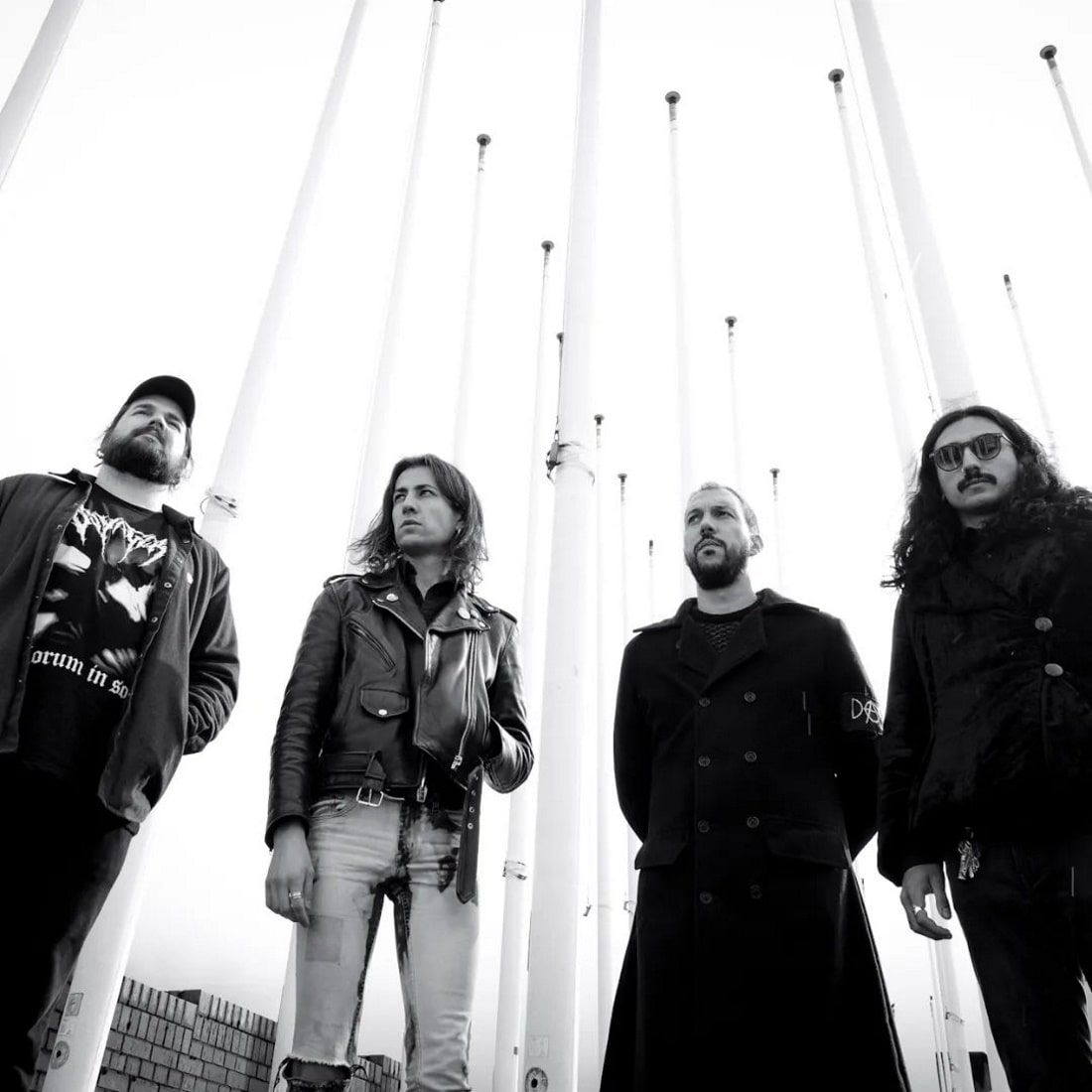
“Memorial Day” is an anti-militaristic song, which tells about how tragic personal experiences of people are being used by states in order to perpetuate the war and hatred, for the sake of profit. The track combines Noise-Rock and Punk with funky psychedelic elements.
“Secrets” is the heavier number on the record and fittingly it deals with a break up and the conflicting feelings brought in its wake. Alternating a fast Punk bridges with slow, heavy thumping verses and a dark slightly gothic chorus the song builds up and evolves until it resolves in an airy, light coda featuring acoustic guitars, piano and flute.
“2:37 AM” marks the ending of the first part of the album. It is an acoustic instrumental track evoking a lonely night, which gives the track its title.
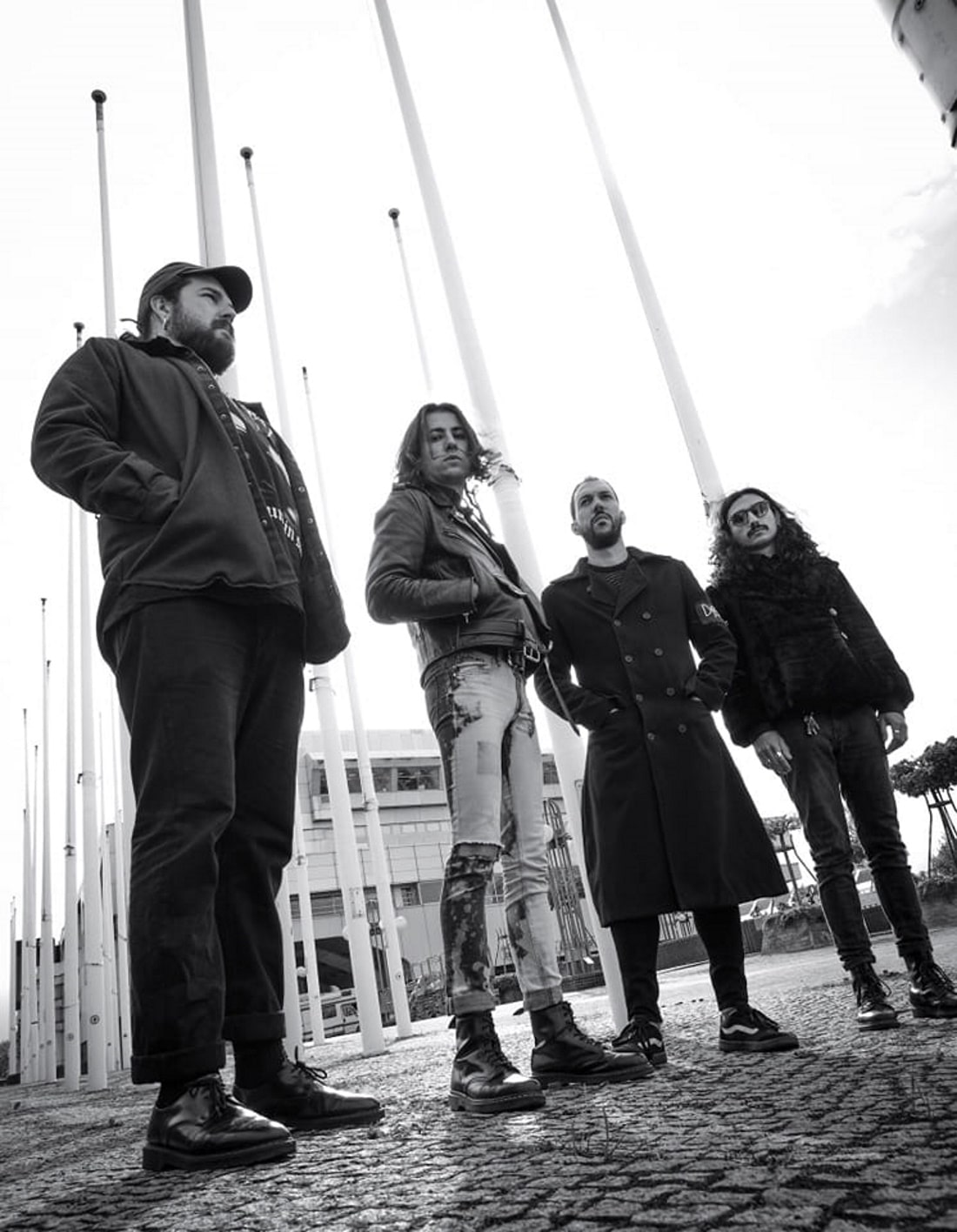
The song “As Above So Below” marks the beginning of the second part of the album. It is driven by a melancholic piano melody, bringing to mind the works of Portishead and it also tells a story of failing relationship, and the pain of separation. The song peaks in the middle and the ending with a heavy, slow and distorted doomy part.
Closing the album is the track “Ghost”, reviving the psychedelic and atmosphere of the 70s with the sounds of sitar and Middle Eastern drumming the song has nevertheless a much gloomier and colder sound. With its Mantra like chanting, Sahara-Rock flavoured guitars and Indian influences the song deals with the detachment and loneliness of online communication.



